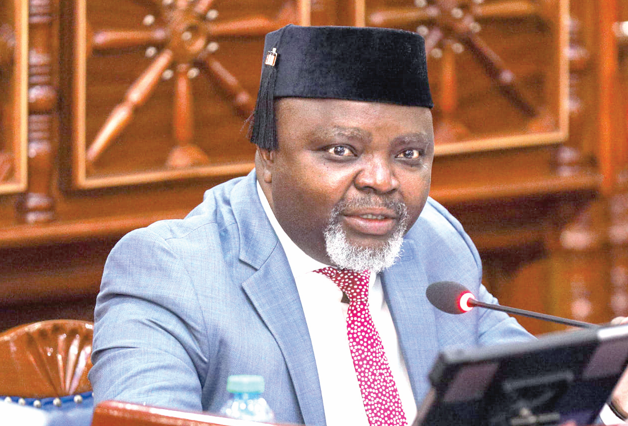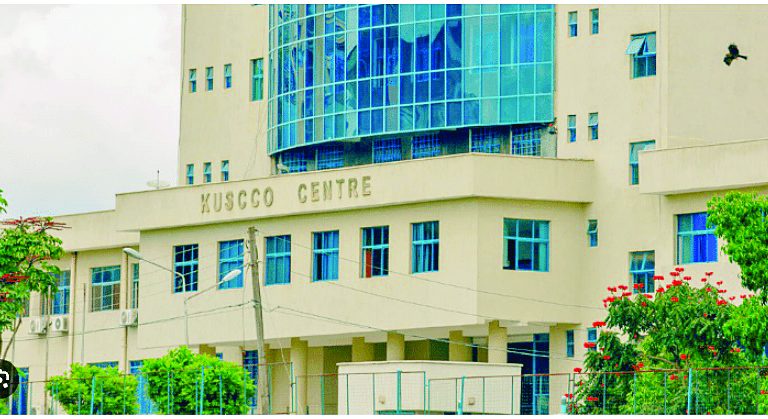Insights into anti-money laundering agencies

On February 12, 2024, the world commemorated the second ‘International Day for the Prevention of Violent Extremism.
The International PVE Day brings together the United Nations system, Member States, and all relevant stakeholders – including civil society, religious leaders, the private sector, academia and the media, to strengthen the international community’s resolve to address the conditions conducive to terrorism, to raise awareness on the threat of violent extremism and renew commitments to collaborate on preventing its spread.
At the global level, the UN Global Counter-Terrorism Coordination Compact Entities underscored the need for increased international cooperation and effective community engagement to address the drivers of terrorism.
The UN Global Counter-Terrorism Coordination Entities include 39 agencies and organisations.
Of the agencies listed, the Financial Action Task Force (FATF) has the greatest bearing on how anti-money laundering and countering of terrorist financing impacts you, your business and non-profit organisation.
An independent inter-governmental body that develops and promotes policies to protect the global financial system against money laundering, terrorist financing and the financing of proliferation of weapons of mass destruction, FATF is the policy-making body in the fight against terrorism and money laundering that works to generate the necessary political will to bring about national legislative and regulatory reforms in these areas.
FATF Recommendations were first adopted by the Plenary in February 2012, and updated in March 2022, and are recognised as the global Anti-Money Laundering, Counter-Financing of Terrorism and Proliferation Financing standards.
There are 40 FATF standards and nine recommendations touching on different aspects of anti-money laundering, prevention of terrorism and proliferation financing.
They include the scope of the legal system to criminalise the offence of money laundering that ensures that the intent and knowledge required to prove the offence of money laundering is consistent with the standards set out in the Vienna and Palermo Conventions.
Countries are also required to adopt measures, including legislative and regulatory, to enable their competent authorities to confiscate property laundered, proceeds from money laundering or predicate offences and instrumentalities used in or intended for use in the commission of these offences, or property of corresponding value, without prejudicing the rights of bona fide third parties.
In Kenya, for instance, the courts have directed that a number of State and public officers forfeit movable and immovable assets, including monetary deposits in bank accounts to the State after their claimants failed to demonstrate how they acquired the assets in relation to their paychecks.
The second tire of measures are to be taken by financial institutions and non-financial businesses and professions to prevent money laundering and terrorist financing like customer due diligence and record-keeping that is now a requirement for hotels, lodges and more recently vacation rentals or AirBnBs that have become increasingly popular with holiday makers.
Recommendation 8 requires countries to review the adequacy of laws and regulations that relate to Non-Profit Organisations, “which the country has identified as being vulnerable to terrorist financing abuse”.
Recommendation 8 also requires countries to apply focused and proportionate measures, in line with the risk-based approach, to such non-profit organisations “to protect them from terrorist financing abuse” – including by terrorist organisations posing as legitimate entities; or by exploiting legitimate entities as conduits for terrorist financing, including for the purpose of escaping asset-freezing measures; or by concealing or obscuring the clandestine diversion of funds intended for legitimate purposes to terrorist organisations.
Measures so taken by the authorities should be aimed at protecting and not hurting operations of organisations identified as being at risk.
— The writer is the Executive Director of the Kenya National Civil Society Centre
—suba_churchill@yahoo.com












